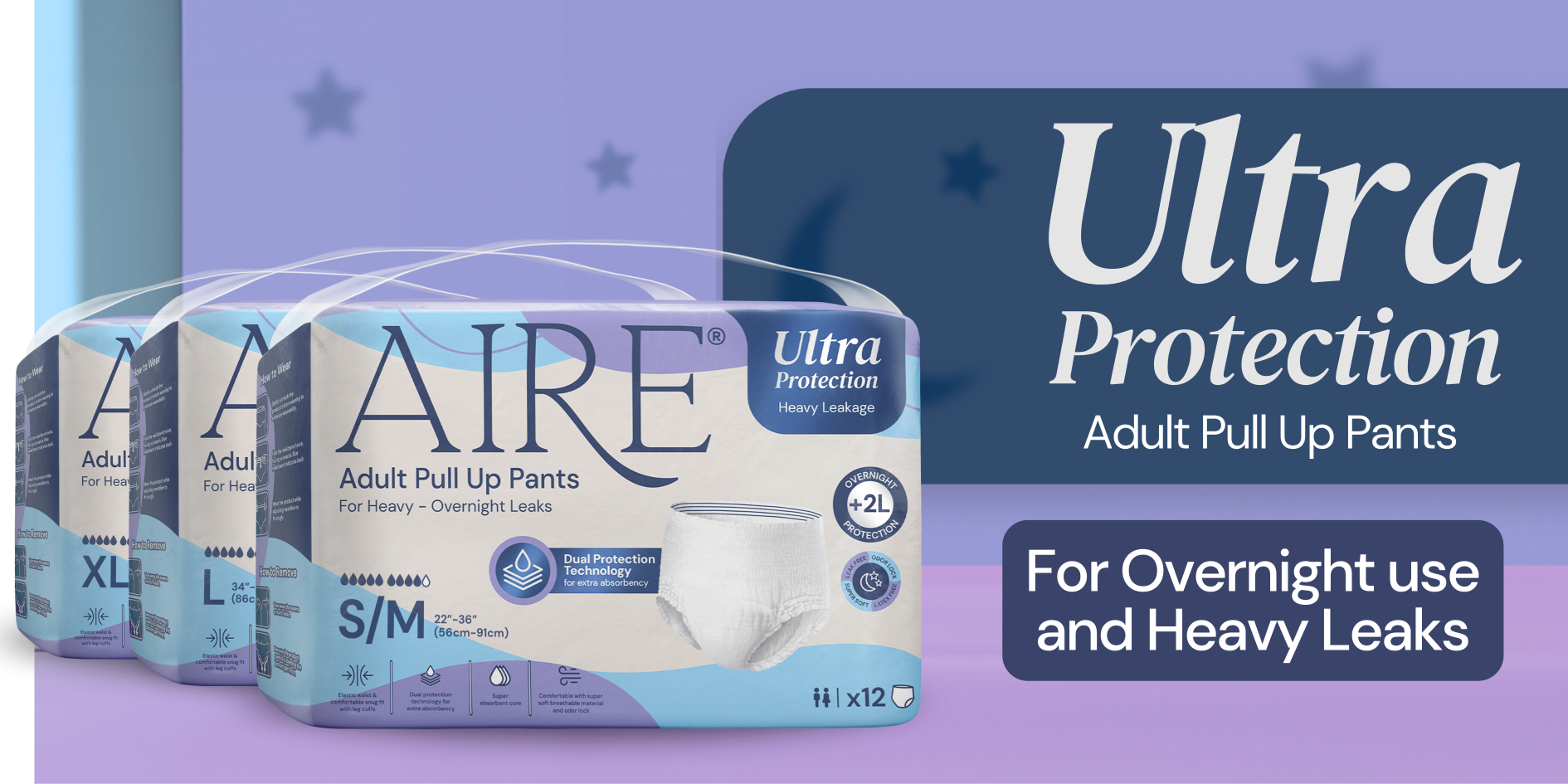Bladder training is a valuable technique that can help regain control and improve the overall health of your urinary system. Whether you're dealing with incontinence, overactive bladder, or simply looking to enhance bladder health, incorporating effective training methods into your routine can make a significant difference. In this blog post, we'll explore some of the best bladder training tips to help you achieve success.
1. Keep a Bladder Diary
Understanding your bladder habits is the first step to effective bladder training. Maintain a bladder diary to track your daily fluid intake, bathroom visits, and incidents of leakage. This record will provide valuable insights into your patterns and help identify potential triggers.
2. Scheduled Bathroom Breaks
Establish a regular schedule for bathroom breaks, and stick to it even if you don't feel the urge to go. This helps retrain your bladder to hold urine for longer periods gradually. Start with scheduled breaks every 2-3 hours and adjust as needed.
3. Practice Kegel Exercises
Kegel exercises strengthen the pelvic floor muscles, providing better support to the bladder. Incorporate Kegel exercises into your daily routine to improve bladder control. Squeeze the pelvic muscles for a count of three, then relax for three. Repeat this cycle several times.
4. Mindful Relaxation Techniques
Stress can exacerbate bladder issues. Engage in mindful relaxation techniques, such as deep breathing or meditation, to reduce stress levels. Relaxation can positively impact bladder function and decrease the frequency of urges.
5. Hydration Management
While it might seem counterintuitive, staying adequately hydrated is crucial for bladder health. However, managing fluid intake, especially in the evening, can reduce the likelihood of nighttime bathroom visits. Focus on sipping water throughout the day and cutting back closer to bedtime.
6. Avoid Irritants
Certain foods and beverages can irritate the bladder and exacerbate incontinence issues. Limit or avoid substances such as caffeine, alcohol, citrus fruits, spicy foods, and artificial sweeteners. Experiment with your diet to identify potential triggers.
7. Maintain a Healthy Weight
Excess weight can put additional pressure on the bladder and pelvic muscles. Achieving and maintaining a healthy weight through a balanced diet and regular exercise can contribute to improved bladder function.
8. Seek Professional Guidance
If bladder issues persist or worsen, consult a healthcare professional. A healthcare provider can conduct a thorough evaluation, recommend personalized training techniques, and rule out any underlying medical conditions contributing to bladder problems.
Remember, bladder training takes time and consistency. Be patient with yourself, celebrate small victories, and stay committed to the process. By incorporating these tips into your routine, you can work towards better bladder health and regain control over your urinary habits. Always consult with a healthcare professional for personalized advice tailored to your specific needs.



